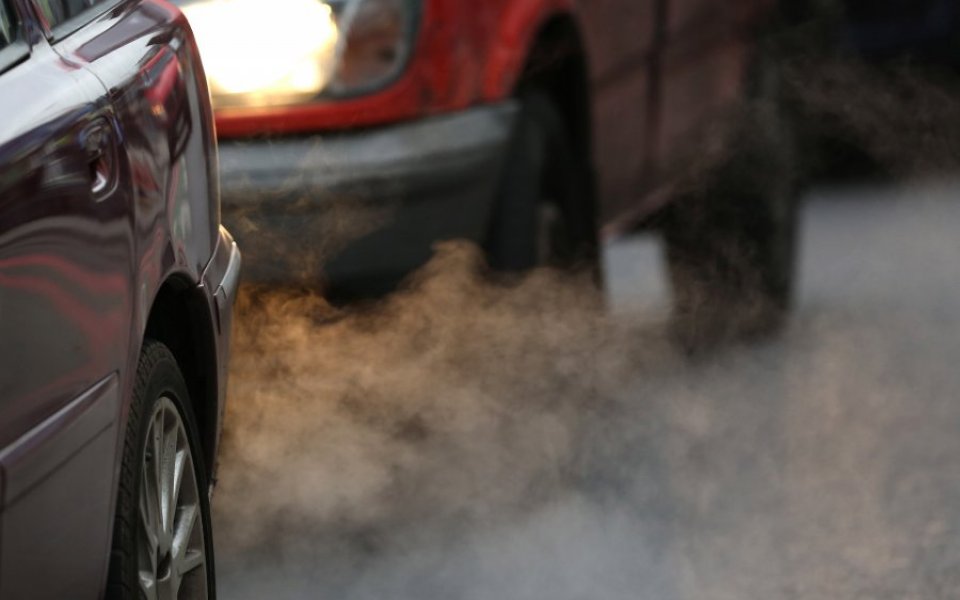Volkswagen scandal: The European parliament has passed watered-down emissions testing legislation which could contribute to thousands of deaths in London

This year London exceeded one of its annual pollution quotas in just one week – but MEPs have now voted for legislation which could cause London to become even more polluted.
This morning the European parliament passed controversial plans to water down standards in new real-world driving emissions tests.
Even before Volkswagen was caught out cheating tests last year, it was well known by scientists and legislators that diesel cars produce far more pollution in the real world than in laboratory tests. On average, about seven times more nitrogen oxide/nitrogen dioxide is emitted in real-world driving.
While diesel cars are getting better and better on paper, these supposed improvements are hardly showing up at all in the quality of our air.
According to the European Environment Agency, air pollution is responsible for about 400,000 deaths every year in Europe; the health costs are estimated at €330 – €940 billion per year.
So it’s obvious we need a new way of measuring and legislating the pollution coming out of our exhaust pipes.
Real-world driving emission tests have been on the cards since 2012 and are due to start being used in 2017. Under the new rules, emissions leaving the exhaust pipe during actual real-world driving will have to be measured and be below a certain threshold before a car is allowed on the road.
But thanks to worries car manufacturers would struggle to meet the stringent new regulations, and in the light of the "defeat device" used by Volkswagen and others to cheat even the standard tests, the European parliament has voted for these new tests to be watered down.
Changes to legislation will allow vehicles to emit up to 100 per cent more nitrogen oxides than the originally planned limit until 2020, and 50 per cent more thereafter.
According to the EU’s own legislation, the concentration of nitrogen oxides in the air can only exceed maximum safe levels for 18 hours per year – a limit that had already been surpassed in London by rush hour on 8 January.
Against this backdrop, the weakening of emission regulations voted through this morning is bad news for the health of London citizens. And after this, it’s a lot more difficult to believe the European parliament is really behind its own ambition to prevent 58,000 deaths a year from pollution by 2030.